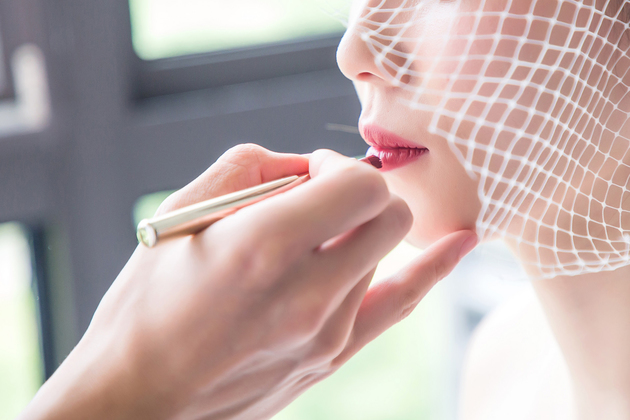
Photo/Shetuwang
Jan. 15 (NBD) – In recent years, an increasing number of snack, beverage and fast food brands have been forging ahead into the cosmetics industry.
For example, Chinese creamy candy brand White Rabbit and braised food retailer Zhou Hei Ya respectively tied with cosmetics firms to produce lip balms, and liquor maker Luzhou Laojiao banked on the launch of perfume.
As the cosmetics sector is gaining great momentum for development in China, many food companies are rushing to cooperate with cosmetics firms for recognition and exposure.
According to the National Bureau of Statistics, the accumulative increase rate of retail sales from consumer products suffered a year-on-year decline in 2018.
However, amid the dismal market, the cosmetics segment was a dark horse rising to the fore.
Data showed the retail sales of cosmetic goods from above scale companies stood at 127.6 billion yuan (18.9 billion U.S. dollars) for the first half of last year, an increase of 14.2 percent over the previous year.
China has become the second largest market for cosmetics, only after the U.S. Market research institute Euromonitor International disclosed that the China's cosmetics market reached 43.6 billion U.S. dollars. Forward Industry Research Institute pointed out China's cosmetics industry is still at a stage with high growth but low penetration rate, boasting huge potentials.
Contrary to the boom in the cosmetics industry, most of the food companies that resorted to crossover cooperation such as Want Want, Coca-Cola and McDonald's registered decreasing revenues.
An analyst from the food industry stated the competition among food companies is fierce and those companies often provide highly similar products with some generating low premiums, making it hard for companies to raise price. As a result, most companies recorded low increase rate.
The crossover partnership is not aimed at high sales volume but the tremendous traffic, noted Shen Wei, product director at cosmetics company Chando, and it offers a better chance for promotion and wider attention from the consumers.
Li Chenkun, senior manager at cosmetics brand Maxam, agreed with the statement and told news outlet Southern Weekly that the crossover partnership enables two companies that do not rival each other to share traffic.
Li Ming, a senior manager of a listed company related to brand management and marketing services, said to Southern Weekly it has been a marketing trend among companies to cooperate with celebrities and brands with high traffic.
Additionally, as for both sides of the collaboration, the costs for promotions are sharply reduced. Shen Wei revealed the tie-up has brought many consumers who promote the products voluntarily.
Email: wenqiao@nbd.com.cn


 川公网安备 51019002001991号
川公网安备 51019002001991号





